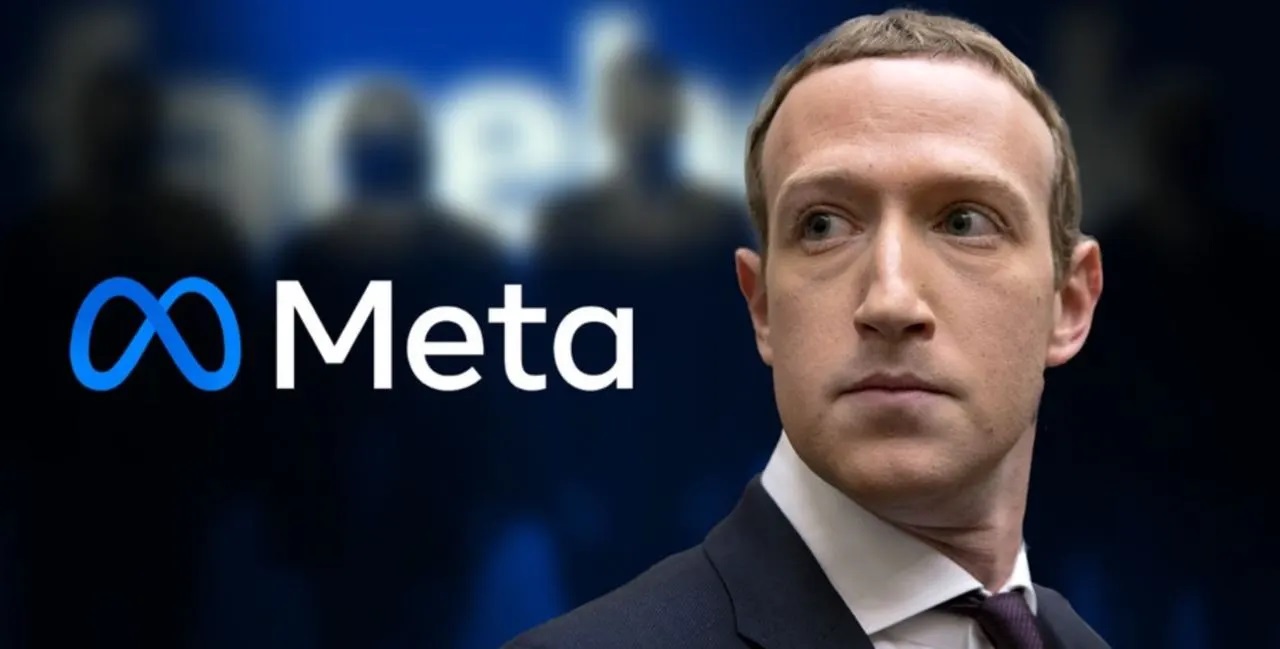Meta, the parent company of Facebook, Instagram and WhatsApp, has revealed its planned to lay off some 10,000 employees, roughly thirteen percent of its work force.
The layoffs will affect its recruiting team this week, with a restructuring of its tech and business groups to come in April and May, the company’s founder, Mark Zuckerberg, said in a memo posted on the company’s website on Tuesday.
According to a New York Times report, this will be the company’s second round of cuts since November following what Zuckerberg called a “year of efficiency.”
Read Also: Mark Zuckerberg’s Meta to launch app to rival Elon’s Twitter
The new announcement is the company’s second round of cuts within the past half year.
In November, Meta laid off more than 11,000 people, or about 13 percent of its work force at the time.
Meta also plans to close about 5,000 job postings that have yet to be filled, Mr. Zuckerberg said in the memo.
“This will be tough and there’s no way around that,” he wrote.
Mr. Zuckerberg is culling employees after years of hiring at a breakneck pace. His company gobbled up workers as its family of apps, which also include WhatsApp, became popular worldwide.
The coronavirus pandemic also supercharged the use of mobile apps, leading to more growth. At its peak last year, Meta had 87,000 full-time employees.
But as the global economy soured and digital advertising markets contracted last year, Mr. Zuckerberg began putting an end to unchecked growth.
Meta trimmed employee perks. And after the layoffs in November, which largely affected the business divisions and recruiting teams, Mr. Zuckerberg hinted at further cuts.
On an earnings call in February, the chief executive said he did not want the company to be overstuffed with a layer of middle management, or “managers managing managers.”
He said he took responsibility for last year’s layoffs, blaming his zeal for staffing up on the surge of use early in the pandemic.
Meta is dealing with many challenges these days.
It is grappling not only with a digital advertising slowdown but also with Apple’s privacy changes to its mobile operating system, which have restricted Meta’s ability to collect data on iPhone users to help target ads.
It also faces steep competition from TikTok, which has soared in popularity over the past few years.
Meta is also in the midst of a tricky transition to become a “metaverse” company, connecting people to an immersive digital world through virtual-reality headsets and applications.
Mr. Zuckerberg sees the metaverse as the next-generation computing platform, so Meta has been spending billions of dollars on the effort and reallocating workers to its Reality Labs division, which is focused on products for the metaverse.
Yet it’s unclear if people will want to use metaverse products.
In recent months, the public has instead gravitated to chatbots, which are built on artificial intelligence.
Meta has invested in A.I. for years but has not lately been at the center of the conversation about the technology.
![]()





























































